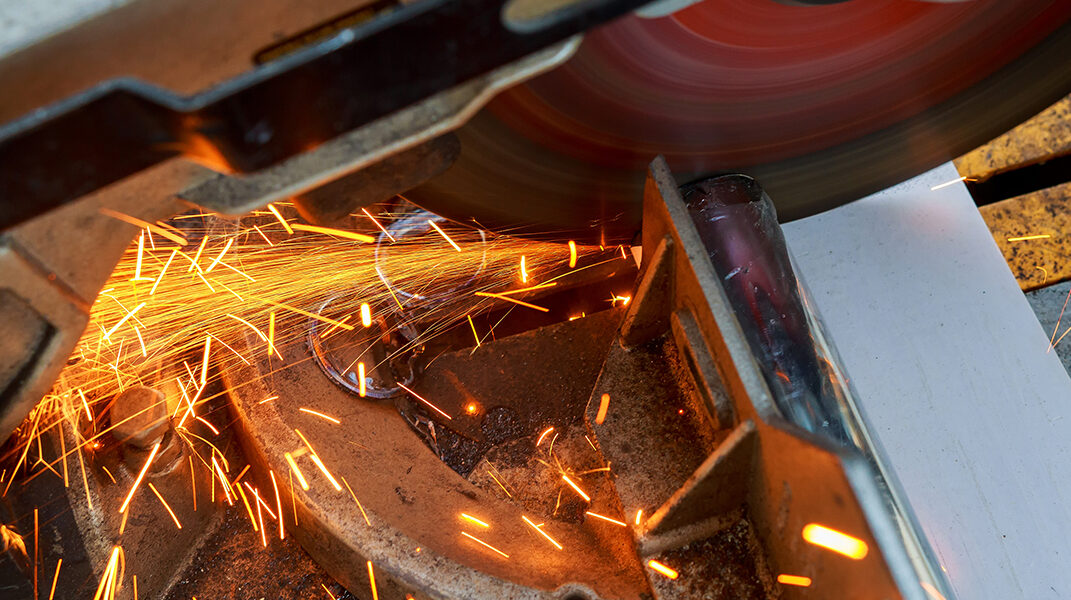Die casting in Malaysia has emerged as a key player in the global manufacturing landscape, offering a blend of technological prowess, skilled labor, and strategic location. As a manufacturing process that produces metal parts by forcing molten metal into a mold cavity under high pressure, die casting has become integral to various industries, including automotive, aerospace, electronics, and beyond. Malaysia’s die-casting sector has witnessed significant growth in recent years, fueled by factors such as technological advancements, investment inflows, and a robust industrial ecosystem.

One of the primary reasons behind the rise of diecasting malaysia is the country’s strategic location and favorable business environment. Situated in the heart of Southeast Asia, Malaysia serves as a gateway to the region’s burgeoning markets. Its well-developed infrastructure, efficient logistics networks, and supportive government policies have attracted numerous multinational corporations (MNCs) seeking to establish manufacturing operations in the region. This influx of investment has spurred the growth of the die-casting industry, transforming Malaysia into a hub for high-quality, cost-effective production.
In addition to its strategic location, Malaysia boasts a skilled workforce that contributes to the success of its die casting sector. The country’s education system emphasizes technical and vocational training, producing a steady stream of qualified engineers, technicians, and operators capable of operating advanced die casting machinery and ensuring precise manufacturing processes. Furthermore, Malaysia’s commitment to continuous skills development and lifelong learning ensures that its workforce remains adaptable and responsive to evolving industry needs, driving innovation and efficiency in die casting operations.
Technological innovation is another driving force behind the growth of die casting in Malaysia. With advancements in materials science, process optimization, and automation, manufacturers are able to produce complex, high-precision components with unparalleled efficiency and accuracy. Advanced simulation software allows engineers to design and analyze die casting molds virtually, minimizing defects and optimizing production cycles. Meanwhile, the integration of robotics and digital monitoring systems enhances productivity and quality control, ensuring consistent results across large-scale production runs. By embracing cutting-edge technologies, Malaysian die casting firms stay ahead of the curve, delivering value to their customers and maintaining a competitive edge in the global market.
The automotive industry represents a significant market segment for die casting in Malaysia, with major automakers and suppliers relying on the country’s manufacturing capabilities to produce critical components such as engine blocks, transmission housings, and chassis components. As the automotive sector shifts towards electric and hybrid vehicles, die casting companies in Malaysia are poised to capitalize on emerging opportunities, leveraging their expertise in lightweight materials and sustainable manufacturing processes. Additionally, the aerospace and electronics industries present promising avenues for growth, with increasing demand for lightweight, high-performance components driving demand for die-cast parts in aircraft, satellites, consumer electronics, and more.



